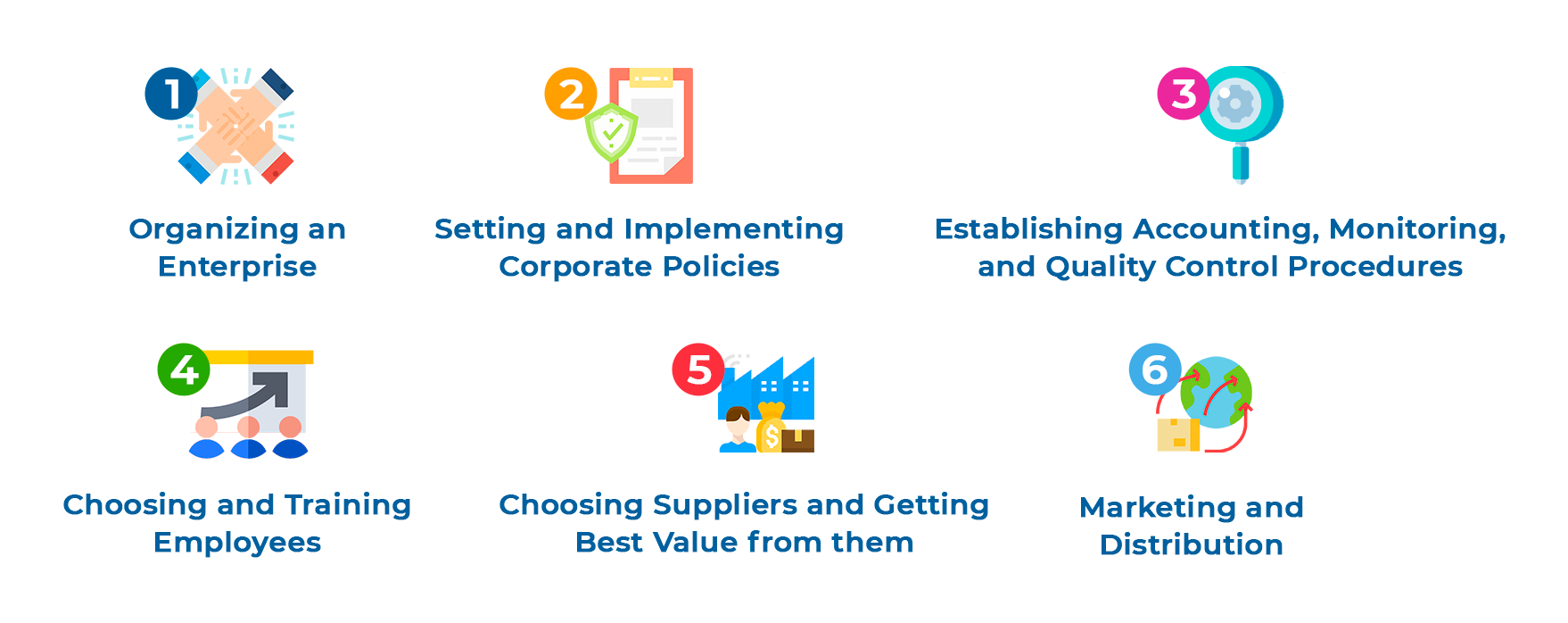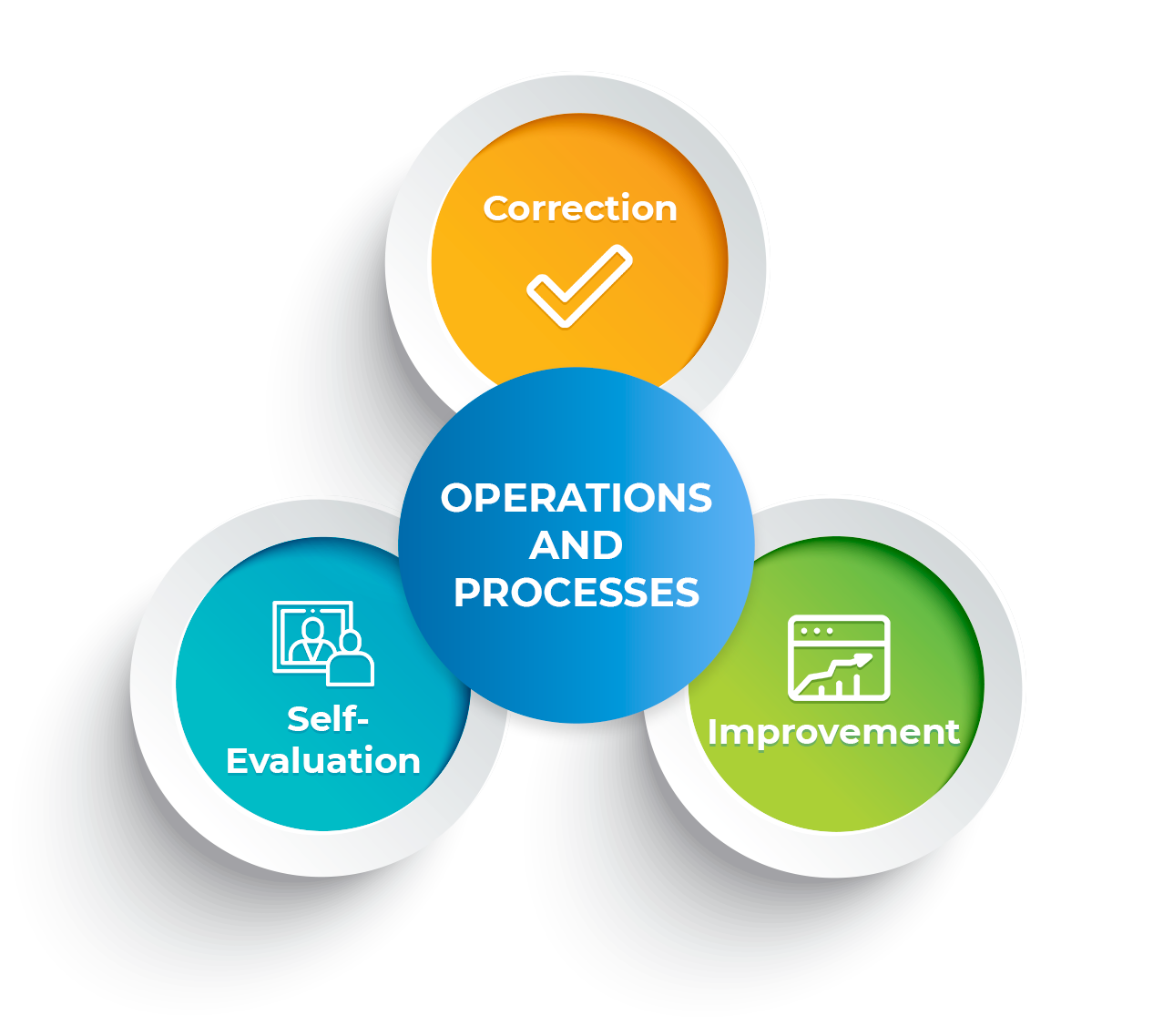A management system is the way in which an organization manages the interrelated parts of its business through connections, monitoring and control mechanisms. It is composed by a set of policies, processes and procedures used to ensure that an organization can fulfill the tasks required to achieve its objectives. It is based on the application of a step-by-step method aimed at easing procedures and operations through standard practices.
Management systems generally include detailed information on topics such as:

A management system helps organizations to improve their performance by exactly specifying the steps to be implemented in order to achieve their goals and to create an organizational culture that reflexively engages in a continuous cycle of self-evaluation, correction and improvement of operations and processes[2].

The level of complexity of a system depends on the specific context of the organization. Businesses operating in more complex environments, for example, in highly regulated sectors, may need extensive documentation and additional controls to fulfil their legal obligations and to meet their organizational objectives.
Elements of a management system related to suppliers may include:
- Leadership Involvement & Responsibility
- Identification & Compliance with Legislation & Industry Standards
- Training
- Documented Procedures
- Status monitoring and follow-up on non-compliances
- Management of Change
- Contractor/Vendor Selection & Management
- Incident Reporting & Investigation
- Audit, Assurance and Management System review & Intervention
In the context of a ProTerra certification, a well-structured and implemented management system will demonstrate the company’s ability to consistently provide products and services that meet the applicable requirements of the ProTerra Standard. This is especially true when it comes to supplier management.
The core suppliers of companies certified under the ProTerra Standard must fulfil the Proterra requirements and it is the obligation of the certified organisation to ensure that this is duly met[3].
During a Proterra audit, the auditors also check the robustness of the existing management system to see whether this is satisfactory to control and monitor the supply chain.
Besides, based on a sampling approach, a certain number of core suppliers will be verified within the framework of a certification.
There are indicators in the ProTerra Standard that strongly relate to internal management systems, especially to supplier management. The ProTerra implementation is organized in a way that certification can be obtained using two approaches:
1- Each actor in the food and feed supply chain can be certified in its own right against the relevant ProTerra Standard set of indicators, or
2- Certified organisations that use inputs from actors that are not ProTerra certified in their own right shall implement systems to control and monitor its supply chain(s) to ensure that the relevant ProTerra Standard indicators are met. In this case the verification of this system will be considered as part of the user’s own ProTerra certification responsibilities and verified by the Certification Body.
Indicator 1.1.5 defines that core suppliers[4] of certified organisations shall make sure that suppliers of core inputs and services are compliant with the ProTerra Standard. A possible way to manage supply chain risks is to create a systematic approach to select, orient and monitor suppliers’ performance.
The ProTerra Foundation invites companies to implement a supplier management system and believes that a structured mechanism is the most efficient way to continuously develop successful business relationships.


